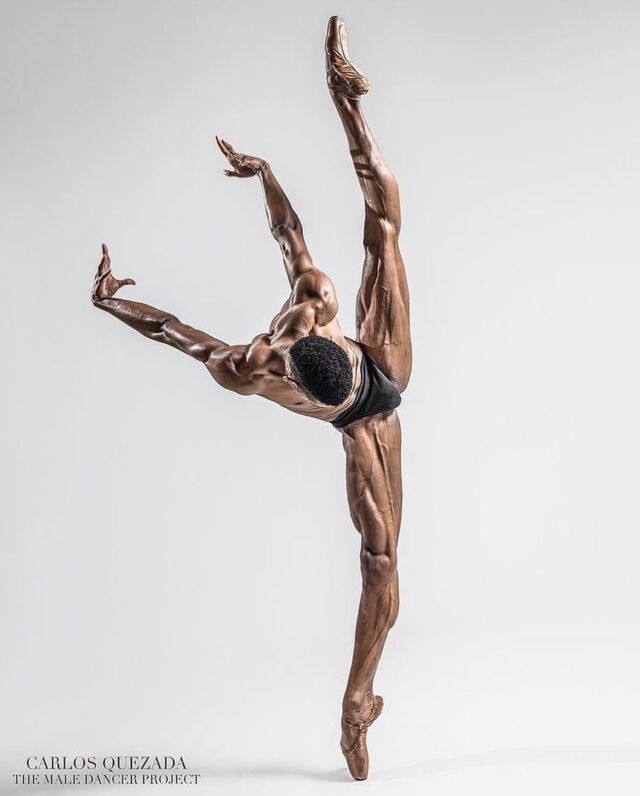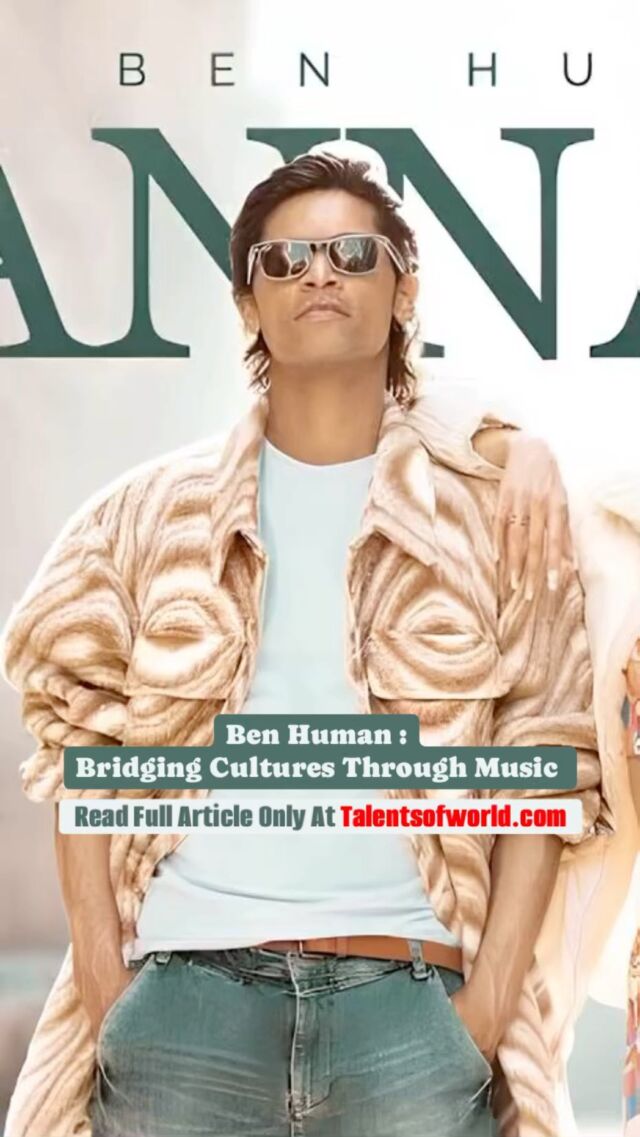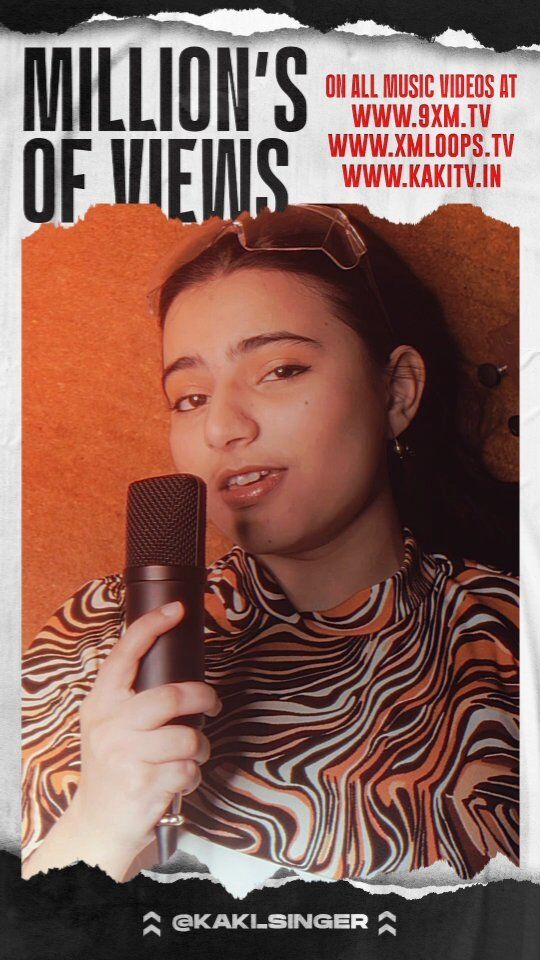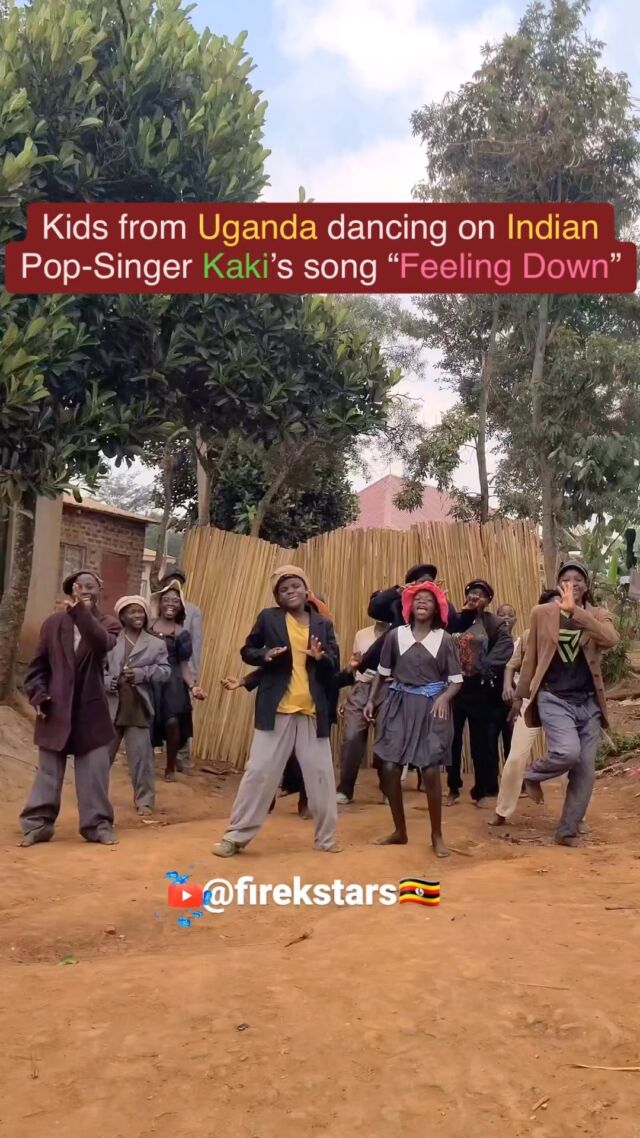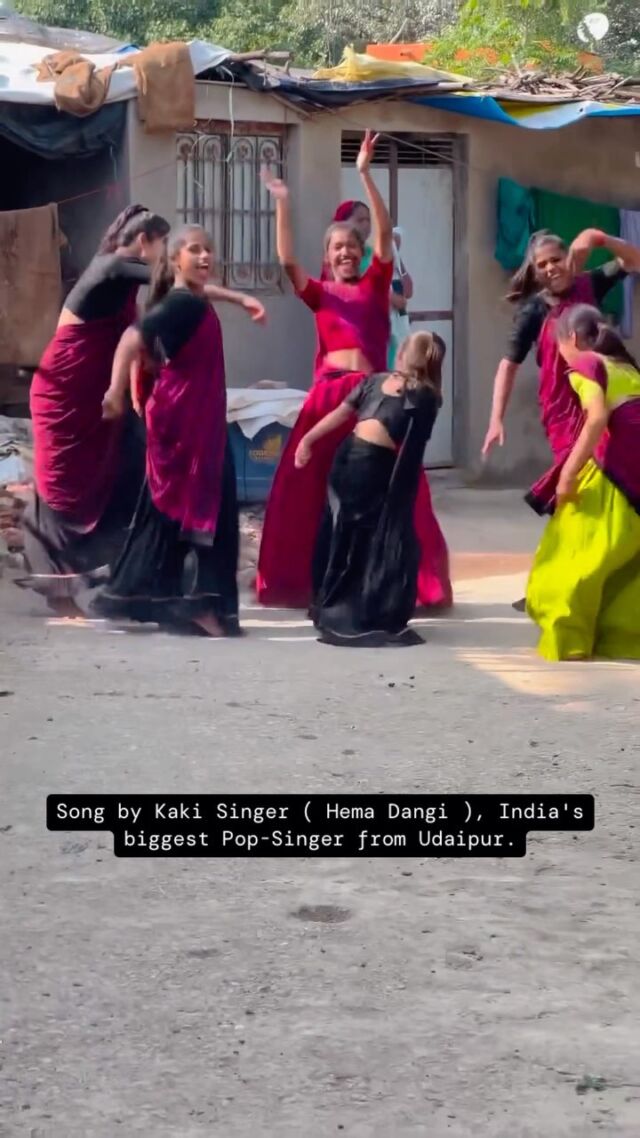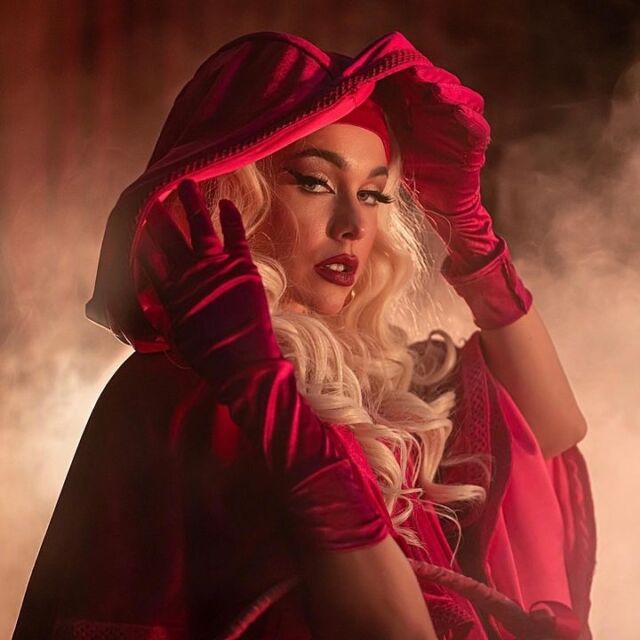For Pelt, that camaraderie was key. At the outset of the “Griot” project, he said, it was clear “what was needed to really do something like that was a significant level of trust from musician to musician,” something he had built up across his 20 years on the scene, working with esteemed veterans such as Cedar Walton, Louis Hayes and James Moody, and consistently leading his own bands. (His latest album, “Tomorrow’s Another Day,” came out in March.)
When Pelt selects his subjects, he makes a point of reserving space for “older Black musicians that had not had a lot of ink” — he referred to them as “the soldiers of this music” — who appear alongside more well-known names such as Esperanza Spalding, Christian McBride and Wayne Shorter. Some of the books’ most revelatory conversations are with underrecognized mainstays of the scene, including the multi-instrumentalist Earl McIntyre, the trumpeter Kamau Adilifu (a.k.a. Charles Sullivan) and the tuba player Bob Stewart.
Stewart, 79, said in a phone interview that he was honored to be included among the “Griot” ranks. “I take it as a badge of courage somebody just handed me,” he said. “Because it’s what I’ve been doing my entire last 60 years, teaching school and playing professionally and then taking my playing and passing it back on to students that are now young players.”
The saxophonist and singer Camille Thurman, 37, featured in the third “Griot” book, said Pelt has captured “a lot of good wisdom.” “It’s one thing when somebody’s asking questions based off of what they’ve seen from the outside, or what they’ve seen put together nice and neat on a piece of paper,” she added. “When musicians come together and talk, there’s something that’s really deep about it.”
Pelt’s interviews take many paths, but one question is a constant, often eliciting passionate responses: “What is the significance of being a Black jazz musician?” In Vol. IV, the pianist Eric Reed answered, definitively, “You don’t have jazz music without Black people.” In Vol. III, the harpist Brandee Younger replied, “I think that in this art form, it’s significant because we as a people created the music. So it’s important that we not be erased from it.”
Source link










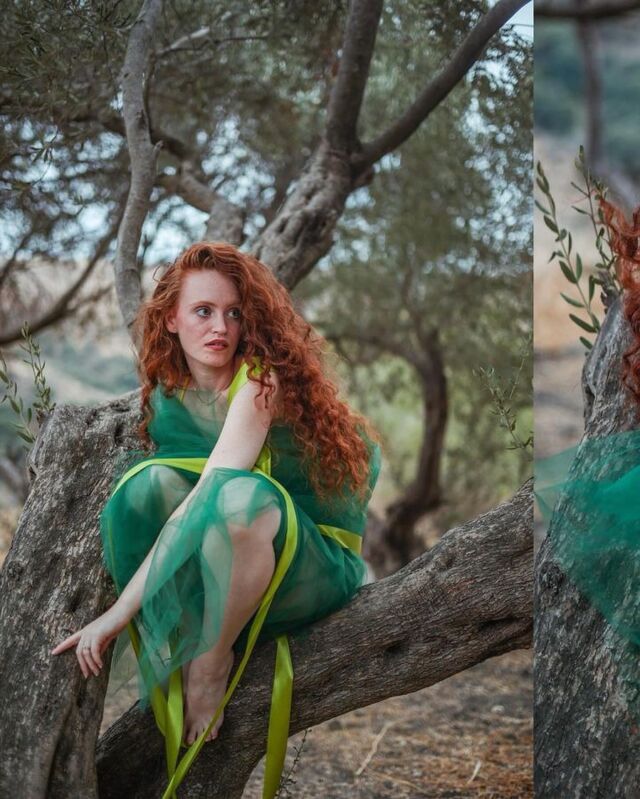
![Growing up learning Indian Classical Music, I’ve developed a deep appreciation for diverse musical genres, and techno is definitely one that has captured my interest. Got inspired to write this track by blending the beautiful melodies of Hindustani classical, particularly Raag Bhairav, with the beats of techno. Excited to share this fusion with you all!
Music by @miladzki
Check it out and vibe with me! 🎶✨
[ techno, newmusic, fusion, indianclassicalmusic, techno, music, kakisinger ]](https://talentsofworld.com/wp-content/uploads/wp-social-ninja/instagram/9xm.tv/18327743320185528_full.jpg)
![Listen to this Version of Dil Kho Gaya
Original Song From the Movie Dil.
Anand-Milind, Udit Narayan, Anuradha Paudwal sung this song
Music by Anand-Milind
Hope you guys like this Rendition of the Classic Song by Kaki Singer.
Like, Share & Comment.
[ Dil, Dil kho Gaya, old songs, Classic Bollywood, old song covers, retro songs, indian old songs, old hindi songs, melodies, kaki singer, Indian singers ]](https://talentsofworld.com/wp-content/uploads/wp-social-ninja/instagram/9xm.tv/17999564600299237_full.jpg)
